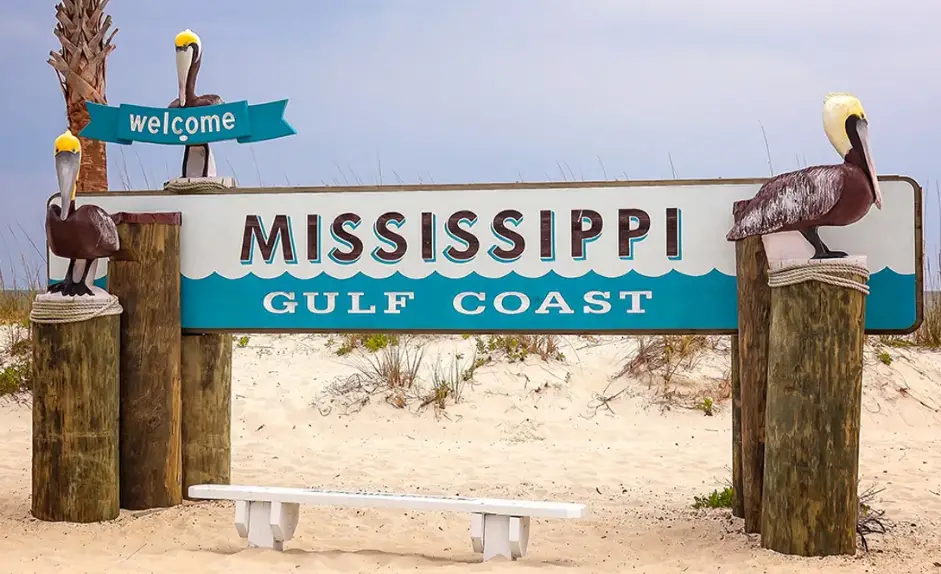
Photo via EcoWatch/iStock
The health of our oceans is one of the most overlooked topics in the world right now, despite the dramatic impact they have on wildlife and the ecosystem at-large.
But the Gulf of Mexico in particular is dealing with serious issues, as evidenced by recent reports of mass wildlife deaths as well as constant issues involving factory farm runoff.
Despite its own location on the Gulf of Mexico, the state of Mississippi is rarely mentioned in these instances, but recently the Magnolia State has been in the news for all the wrong reasons.
Report: Every Mississippi Beach Shut Down Due to Toxic Algae Growth
As noted in this report from EcoWatch.com, all Mississippi beaches have been shut down by the states Department of Environmental Quality due to a toxic algal bloom that has been deemed dangerous to humans and their pets.
The toxic algae is said to be dangerous to the touch and poisonous when swallowed, capable of causing rashes, stomach cramps, nausea, diarrhea and vomiting, the state agency warned.
The sand areas of the beaches are still open, but residents are being told not to enter the water at any cost, as officials continue to scratch their heads over how such a frustrating situation could occur.
The algae blooms are said to be the result of a combination of water temperature and fertilizer run-off.
“It just keeps going and going and going. I don’t know if it’s ever going to get better. I hope it does,” one local resident named Bill Kenan said to a news station in Biloxi.
The site is sadly a familiar one for people who live near areas where factory farm runoff from pesticide and fertilizer-intensive agriculture is present.
[Further Reading: A Legacy of Destruction: Monsanto’s Dark History Exposed in Stunning Haunting Photo Essay]New UN Report Warns: We Must Support Organic Farming Before It’s Too Late
As toxic algae blooms continue to take place from Lake Erie down to Mississippi, Florida, and other areas across the country, the United Nations recently released a report examining over 15,000 scientific papers taking three years to complete, warning about the dangers of “modern” industrial farming.
The report said that 1 million plant and animal species could go extinct unless current trends are reversed (similar to an earlier report that implored everyone to switch to organic and biodynamic farming “before it’s too late” to help save the environment, animal species and more).
The new report calls for “transformative change” to arrest present trends of biodiversity loss and species extinction; once again sounding the alarm that organic farming is a must to save our world as we know it.
There’s still a long ways to go, especially in the United States, where as much as 80 percent of our organic food is actually imported from other countries like China and Turkey.
Needless to say, we need more people willing to step up to the plate and support organic farming before our ecosystems, health and wildlife suffer any further.
Thanks for reading!
For more information, check out this interview with Ashley Dawson, professor of postcolonial studies at the City University of New York Graduate Center and College of Staten Island (author of the books ‘Extreme Cities: The Peril and Promise of Urban Life in the Age of Climate Change’ and ‘Extinction: A Radical History’).
Thanks for installing the Bottom of every post plugin by Corey Salzano. Contact me if you need custom WordPress plugins or website design.




